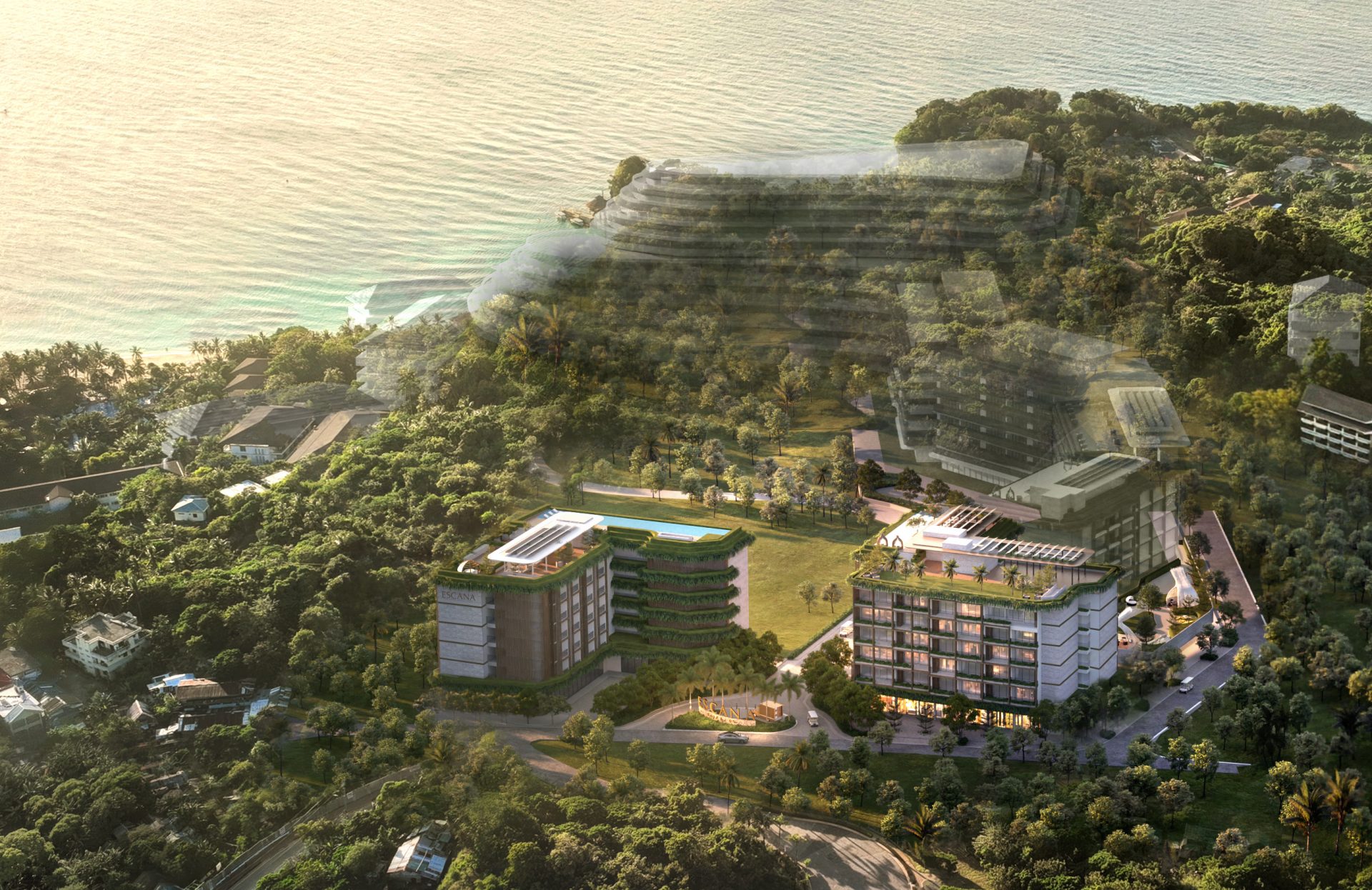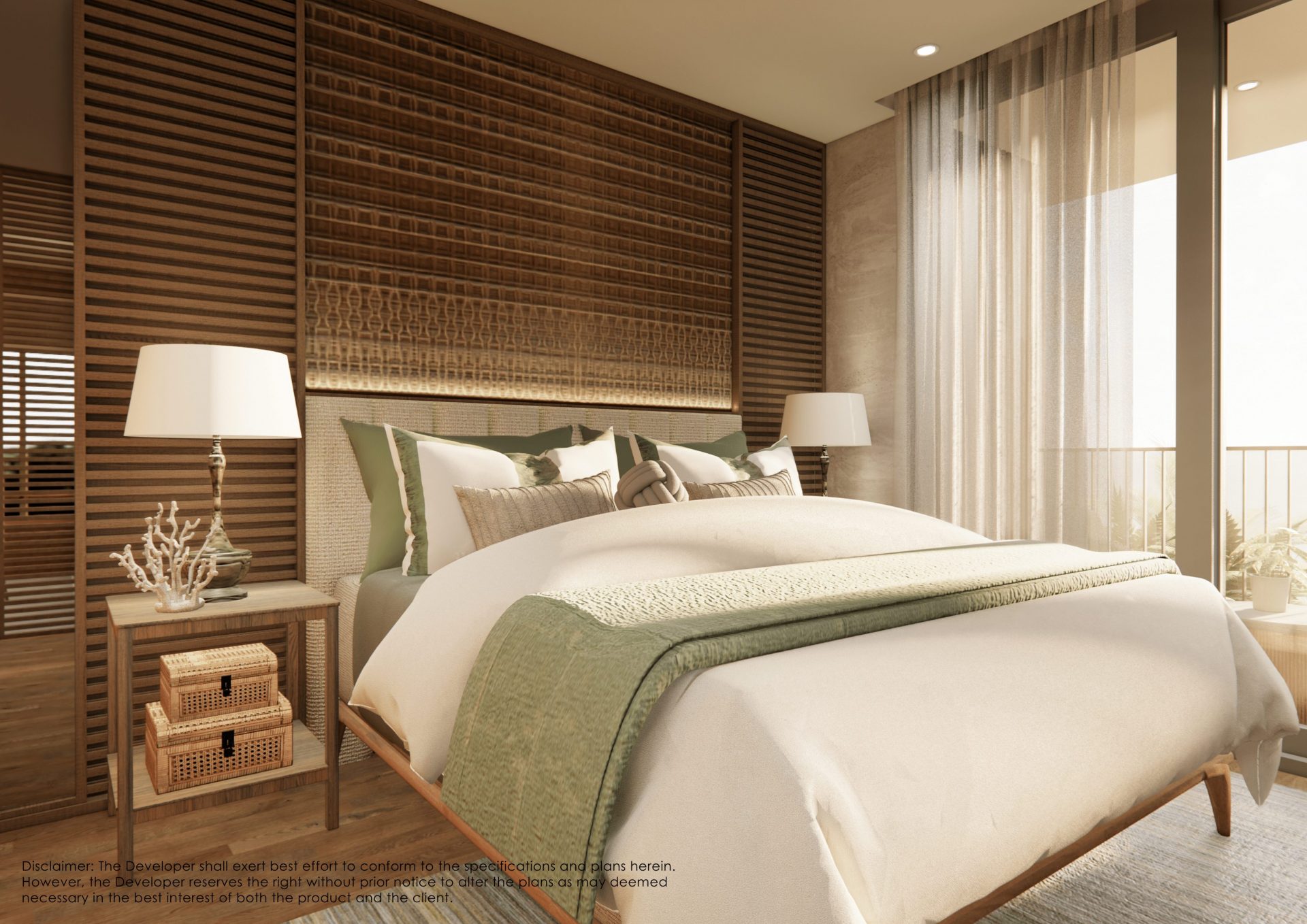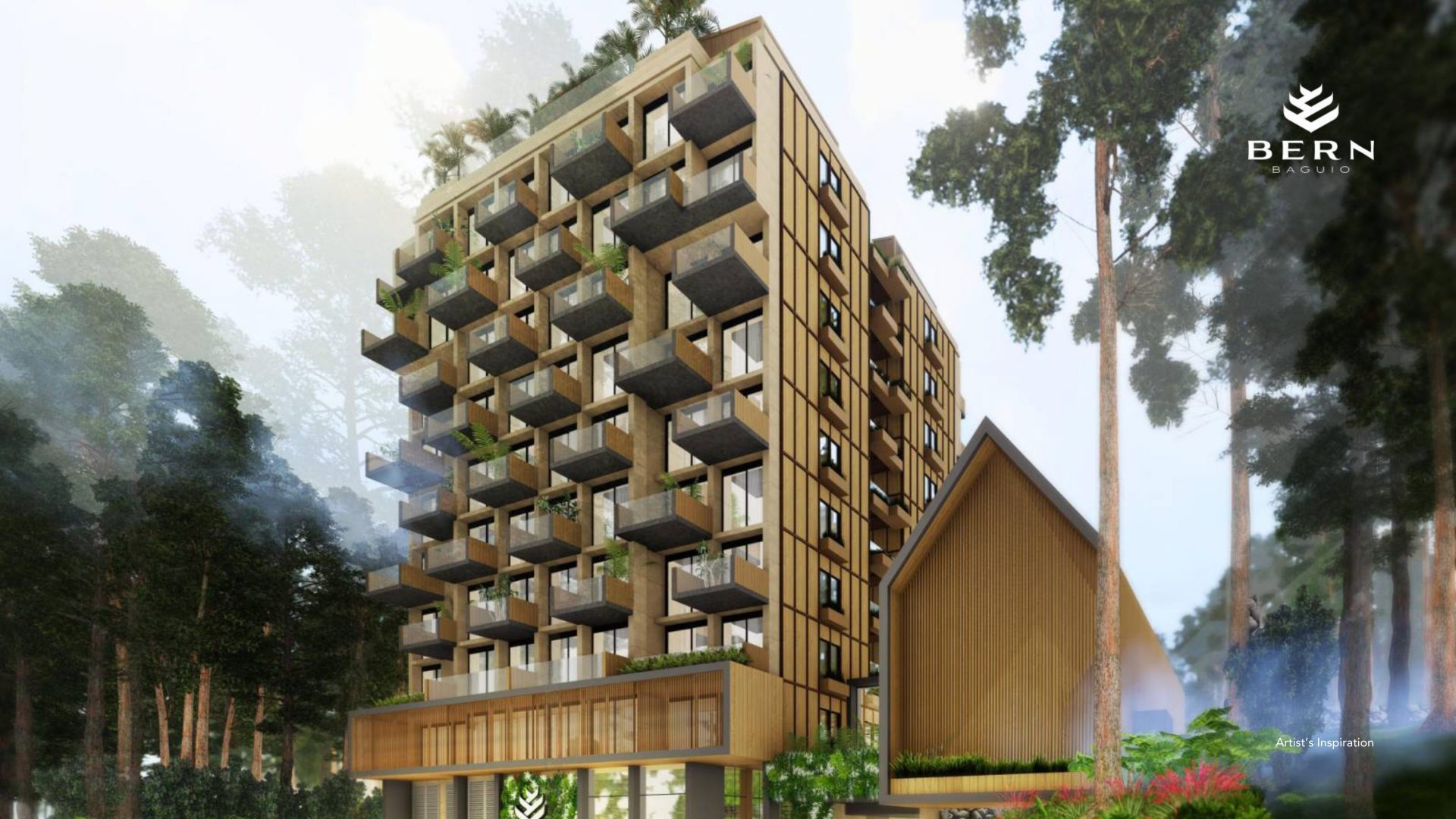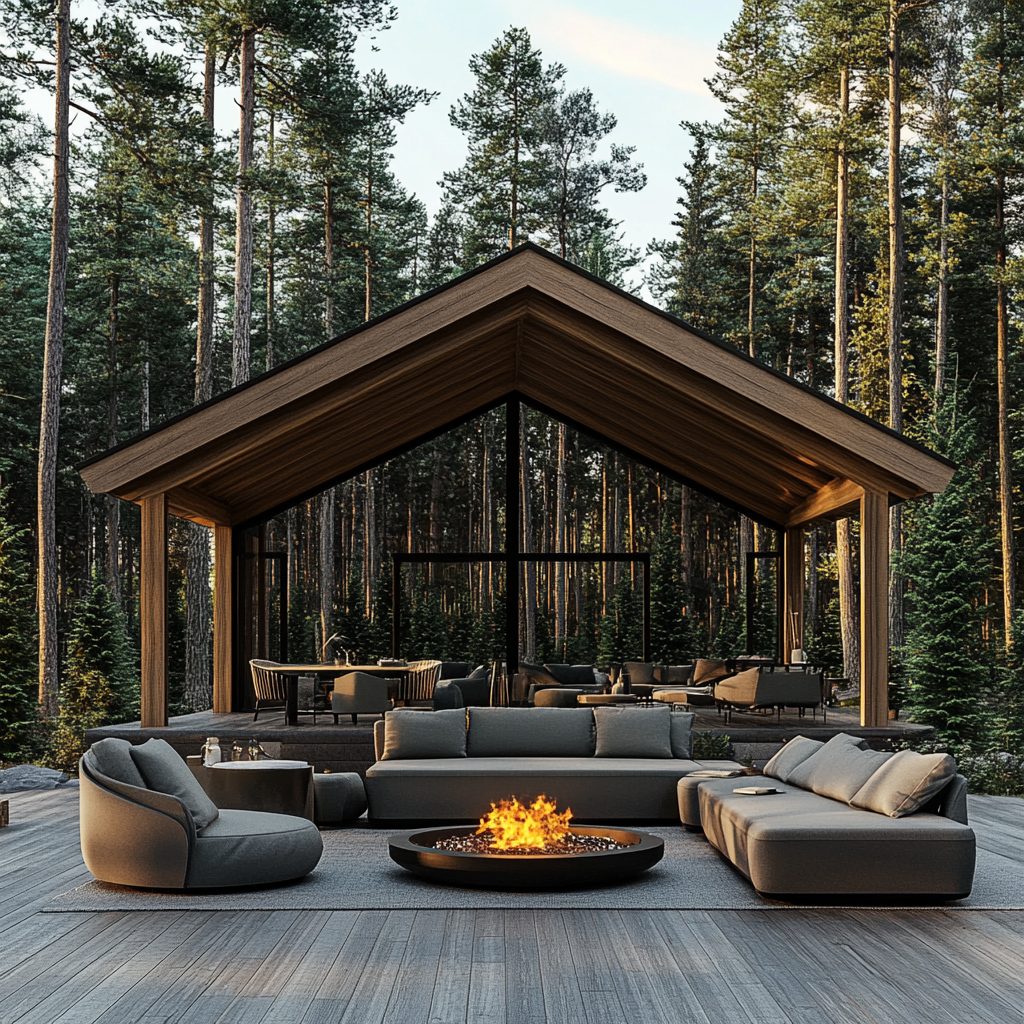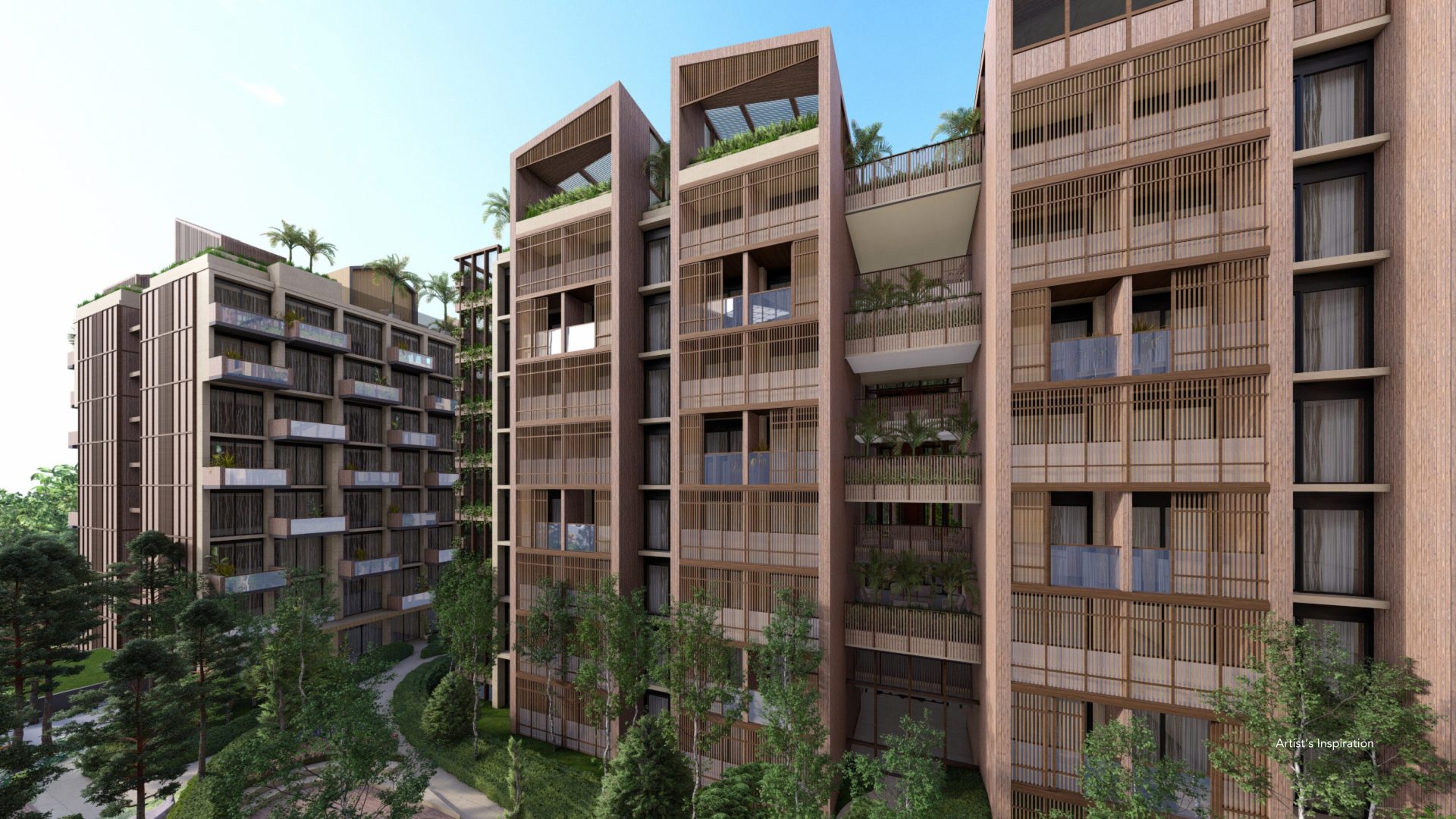BLOGS
Legal Disputes in Neighborhood in the Philippines
Resolve neighbor conflicts in the Philippines harmoniously – expert guidance on boundaries, noise, resources, and legal avenues.
Neighbor disputes are a frequent occurrence in the Philippines and, if not handled immediately, can evolve into costly legal battles. These conflicts can stem from disagreements related to property boundaries, noise disturbances, shared resources, or differing interpretations of local laws.
These disputes can ruin relationships and peace and may lead to expensive and lengthy legal proceedings.
In this article, we will delve into the typical common neighbor disputes in the Philippines and how you can effectively communicate, negotiate, and seek professional legal counsel to settle amicably.
Boundary Disputes
One of the most prevalent neighbor conflicts in the Philippines involves property boundaries. Conflicts often arise due to conflicting understandings of land boundaries, leading to encroachments or unauthorized land use.
An example of this type of neighbor dispute is when one neighbor builds a fence over the boundary line or they cross over your property line to get to their property.
To resolve such disputes, consult with a licensed surveyor or lawyer whose expertise is in real estate law to determine accurate boundaries between your neighbor’s and your own property.
It is essential to meticulously examine land titles, cadastral surveys, and other pertinent documents.
You may get these documents from your real estate developer. Brittany Corporation’s luxury real estate properties are well-planned and each house is carefully measured so that you have enough space for your dream home. Brittany Corporation also ensures that every potential buyer shall have the complete documents to prevent any problems in the future and you’ll peacefully live in your private space.
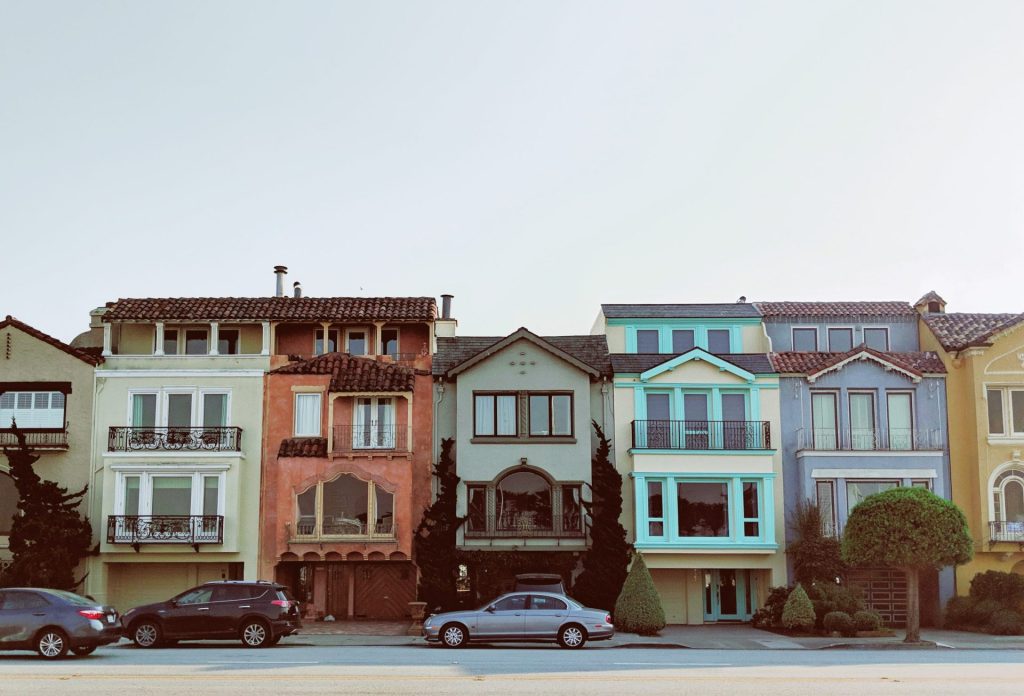
Noise Complaints and Nuisance Disputes
Property disputes aren’t limited to property-related matters. Noise complaints and nuisance disputes are the most common complaints by neighbors. Loud music, construction work, and other noisy activities can disrupt your peace and cause strained relationships. Local ordinances and laws regulate noise levels and define what constitutes a nuisance.
If you have a noisy neighbor, approach them and let them know about their noisy activities respectfully. If your neighbor’s conduct still doesn’t change, it may be necessary to file a complaint with the local barangay or seek legal advice.
Mediation or alternative dispute resolution processes can also help to reach a compromise and resolve disputes that would balance the rights and interests of both parties.
Shared Resource Conflicts
If you live in a communal building, there are several parts of the building you will share with you and your neighbors.
Disputes over shared property or resources are common in condominiums in the Philippines. Some issues include access to common areas, water supply, or parking spaces. Homeowners’ associations and condominiums should have clear rules and regulations on using common areas.
Make sure to check these documents and discuss the matter with your neighbor through clear and direct communication, especially if they have been violating some rules. Mediation or arbitration may help resolve conflicts by conducting negotiations and finding solutions that respect the rights of all parties involved.
Owners of Brittany Homes shall have complete access to its amenities without sacrificing their own space and rights. Brittany Corporation ensures that these common areas are top-class and have clear rules on how homeowners can make use of the amenities freely and enjoy every moment of their stay.
Philippine Laws as Legal Basis for Neighbor Disputes
In the Philippines’s legal system, several legal provisions and state laws typically govern neighbor disputes in the Philippines Understanding these laws and consulting a qualified real estate attorney for specific advice is crucial. Here are some key legal provisions that may be applicable:

Civil Code of the Philippines
The Civil Code provides general principles and rules governing property rights, obligations, and liabilities. Relevant provisions include:
- Articles 429 to 450 provide for the general rules on ownership, possession, and property boundaries.
- Article 694 provides for a landowner’s right to demand the removal of any nuisance or encroachment on their property.
- Article 712 states that a person whose property is encroached upon has the right to demand the removal of the encroachment.
Local Government Code of the Philippines
The Local Government Code (LGC) empowers local government units (LGUs) to enact ordinances and regulations addressing specific neighbor conflicts. Pertinent provisions include:
- Section 447 of the LGC grants LGUs the authority to create ordinances on public order and safety, covering noise disturbances, zoning regulations, and land use restrictions.
- Section 458 provides that LGUs are allowed to regulate health, sanitation, and environmental matters that may affect neighboring properties.
Barangay-level Dispute Resolution
The Barangay (village) system in the Philippines may be the most practical or best course for dealing with local disputes. Barangay-level mediation and conciliation is the first course for parties who cannot resolve their conflict.
Laws on barangay-level dispute resolution are also covered by the Local Government Code. The LGC provides for that a Barangay Justice System shall be established, where disputes between neighbors can be initially resolved before resorting to formal legal proceedings.
Rules of Court
If your neighbor fails to respect your property line or peace, you may need to enforce your legal rights through legal action, such as by filing a lawsuit before the courts.
The Rules of Court govern the procedures and processes in litigation. These rules outline the requirements for filing a complaint, the jurisdiction of courts, and the conduct of trials.
Deed of Restrictions and Homeowners’ Association Guidelines:
The Deed of Restrictions and guidelines are established by homeowners’ associations may regulate neighbor disputes. These documents outline rules related to property use, shared resources, noise levels, property damage, and dispute-resolution mechanisms within the community.
Note that legal bases and requirements may vary depending on the nature of the neighbor dispute. It is advisable to ask legal help from a real estate attorney to ensure accurate advice tailored to the case’s specific circumstances.
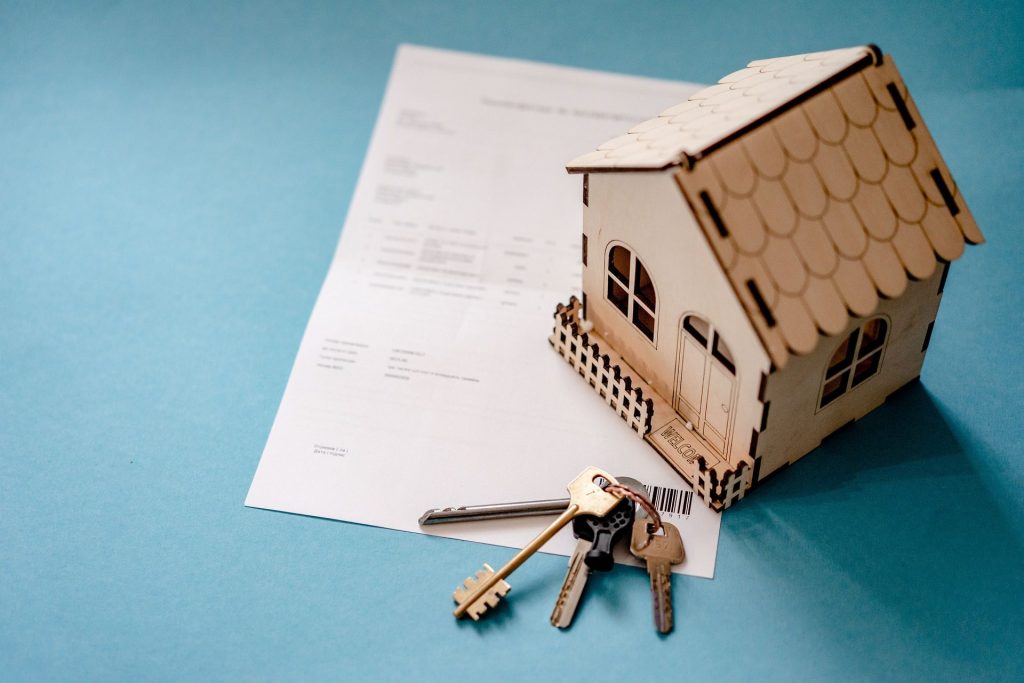
Legal Remedies and Alternative Dispute Resolution
Several legal remedies and alternative dispute resolution mechanisms are available in the Philippines to address neighbor legal disputes. Mediation, arbitration, or conciliation are some of the cost-effective approaches to resolving conflicts outside of the court system.
Should you consider resorting to mediation or alternative dispute resolution, engage the services of a professional mediator or arbitrator to facilitate negotiations and find mutually acceptable solutions. However, litigation may sometimes be necessary as the last resort if all other avenues have been exhausted. You must still consult a competent lawyer who can guide the appropriate course of action based on the specific circumstances of the dispute.
With the right way, you can resolve disputes without taking the matter to a small claims court or filing a criminal complaint.
In conclusion, neighbor disputes in the Philippines can be a significant source of stress and inconvenience, potentially leading to costly and time-consuming legal battles.
How to Enjoy Your Home with Neighbors
In choosing a home, Brittany Corporation provides a few tips on how to evaluate your neighborhood:
- Reflect on your preferences and needs. Before diving into evaluating an upscale neighborhood, it’s crucial to have a clear understanding of what you’re looking for. Consider whether you prefer an urban setting like Metro Manila or a more tranquil rural town. Think about your proximity to amenities like shopping centers, educational institutions, healthcare facilities, and entertainment options. By listing your priorities, you can narrow down your choices and make an objective assessment of potential neighborhoods.
- Visit the neighborhood in person. It’s essential to physically visit the upscale neighborhood you’re interested in. Hearing about a place from others might not provide a comprehensive picture. Driving through the neighborhood allows you to assess not only the environment but also the convenience of essential establishments. This visit will help you determine if the neighborhood aligns with your lifestyle and meets your comfort and convenience requirements. Pay attention to the distance between your prospective neighborhood and key amenities.
- Align your lifestyle with the neighborhood. Your choice of neighborhood should reflect your lifestyle and personal goals. Consider your daily routine and activities and check if the neighborhood supports them. Look for facilities and activities within the neighborhood that can help you achieve your objectives. A neighborhood that complements your lifestyle not only enhances your satisfaction but also motivates you and your family to thrive there, contributing to your overall well-being.
- Study architectural details and aesthetics. While not the top priority, it’s important to learn about the architectural style and aesthetics of both the houses and the neighborhood. Different neighborhoods may have varying architectural influences, such as French, Chinese, or Filipino styles. Evaluate whether the neighborhood’s architectural design aligns with your preferences and adds to the overall beauty of the area. Living in an upscale neighborhood with a well-thought-out and attractive architectural style can be a significant asset for homeowners.
- Prioritize safety, comfort, and convenience. An upscale neighborhood should excel in providing three key modern essentials: safety, comfort, and convenience. Research the crime rate in the community and the city where the neighborhood is located. Your quality of life in an upscale neighborhood is maximized when the crime rate is low or virtually non-existent. Additionally, assess the neighborhood’s preparedness and the responsiveness of local authorities in handling crises when they occur. A safe neighborhood with efficient emergency response systems ensures you experience a high level of safety, comfort, and convenience in your daily life.
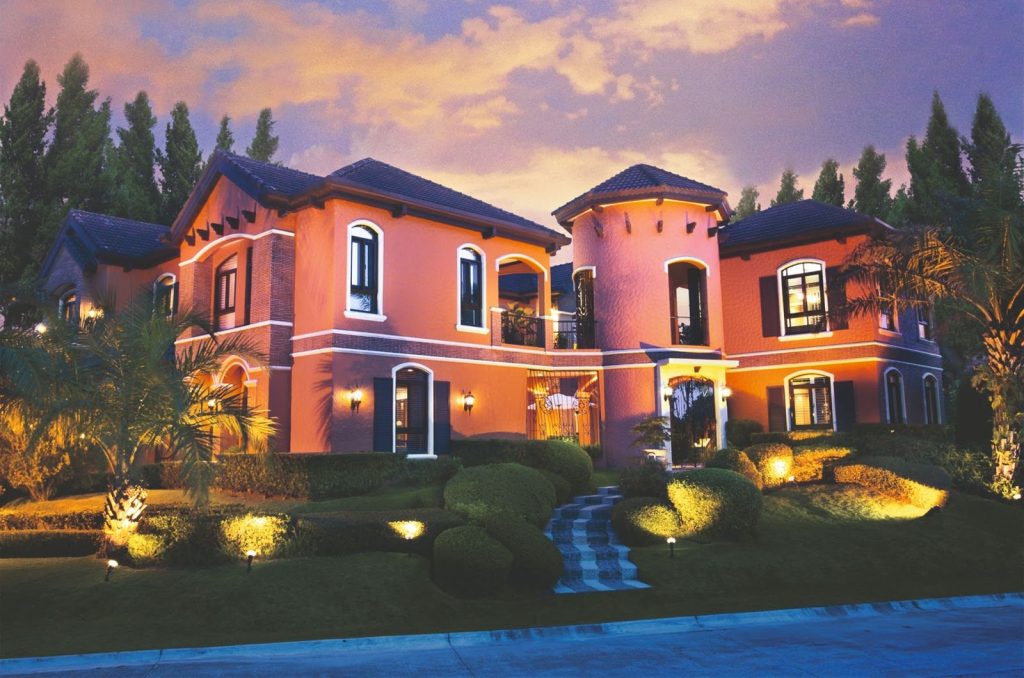
Feel at Peace with Brittany Corporation
In this context, Brittany Corporation, a reputable real estate company in the Philippines, offers luxury properties in various locations that prioritize peaceful living and respect for property rights.
By choosing to live in one of our properties, you can enjoy a serene and harmonious environment, reducing the likelihood of neighbor disputes and legal conflicts.
We have various locations in the Philippines suitable for your needs. For those who want to feel like in a different country but still get to access lifestyle centers, you can check our luxury properties in Metro Manila. But if you want to experience a bit of a province feel without sacrificing the elite and prestigious lifestyle, you can check out our luxury condo in Baguio or luxury lot in Laguna.
To find out more about Brittany Corporation and the exceptional properties they offer, visit their LinkedIn, Instagram, and YouTube channels.
Suggested Read: Glass House Appeal in Luxury Real Estate: Why Are They Popular
Suggested Read: 8 Ways To Make Friends in a New Condo Community
Suggested Read: Why Is It Essential To Engage With Your Neighbors
Suggested Read: The Community at Georgia Club Sta. Rosa
Suggested Read: International Day of Peace: What To Know



